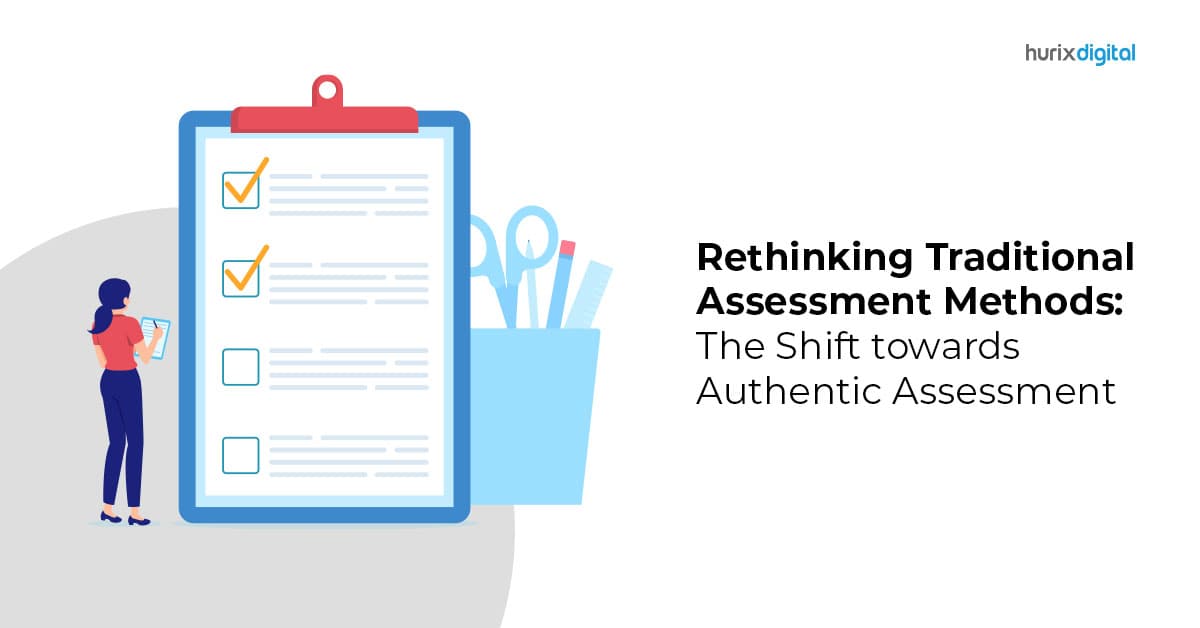Schools and their owners find themselves at a critical juncture where the traditional methods of student assessment may need a transformative upgrade. “Assessment Redefined” is more than just a catchphrase; this paradigm shift goes beyond conventional assessment methodologies and delves into a more nuanced and comprehensive approach, aligning with the diverse needs of Nigerian students and the evolving demands of the educational landscape.
Diverse Learning Styles in Nigeria

Nigeria, with its rich cultural diversity and varied learning styles, presents a unique challenge for traditional assessment methods. The one-size-fits-all approach often fails to capture the individual strengths and abilities of Nigerian students. School owners must recognize the importance of accommodating diverse learning styles within their assessment strategies.
Moving Beyond Exams: Practical and Project-Based Assessment
Rethinking student evaluation involves moving beyond the exclusive reliance on exams. Practical and project-based assessments offer an avenue for students to showcase not just theoretical knowledge but also their practical application of concepts. School owners can consider incorporating real-world projects that resonate with Nigeria’s cultural and societal context, fostering a deeper understanding of the subject matter.
Continuous Assessment for Comprehensive Growth
The traditional model of assessing students through periodic exams can be augmented with continuous assessment methods. Regularly evaluating a student’s progress allows for a more comprehensive understanding of their strengths and weaknesses. School owners can implement a system where students are assessed not only on their academic performance but also on their participation in extracurricular activities, promoting a holistic development approach.

Leveraging Technology: Online Assessments and Adaptive Learning
In the digital age, schools can harness the power of technology to redefine assessments. Online assessments, coupled with adaptive learning platforms, provide a more personalized approach to student evaluation. School owners can invest in technology that tailors assessments to individual learning paces and styles, ensuring a more inclusive and effective evaluation process.
Parental Involvement in Assessment
In the Nigerian context, involving parents in the assessment process is crucial. School owners can establish channels for regular communication with parents, providing insights into their child’s progress and seeking parental input on assessment strategies. This collaborative approach fosters a sense of shared responsibility for the student’s success and aligns with the communal values inherent in Nigerian society.
READ MORE: Building Bridges: Enhancing Parent-Teacher Relationships for Academic Excellence in Schools
Conclusion: A Progressive Path Forward
As schools strive for educational excellence, redefining student assessment methods becomes an imperative. School owners play a pivotal role in steering this transformation. By embracing diverse learning styles, incorporating practical assessments, adopting continuous evaluation, leveraging technology, and involving parents, Nigerian schools can redefine assessments to align with the needs of today’s students and prepare them for the challenges of tomorrow. This progressive path forward ensures that education in Nigeria remains dynamic, inclusive, and tailored to the individual needs of each student.
